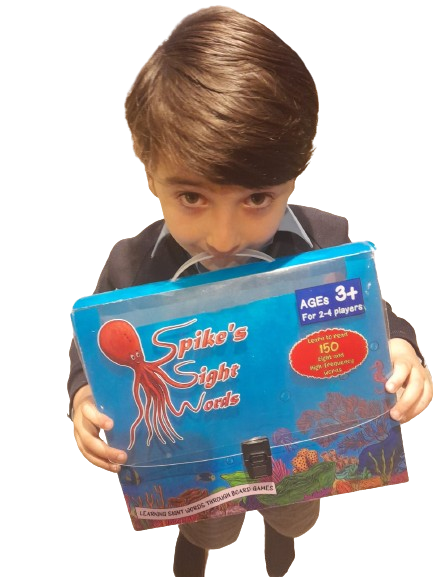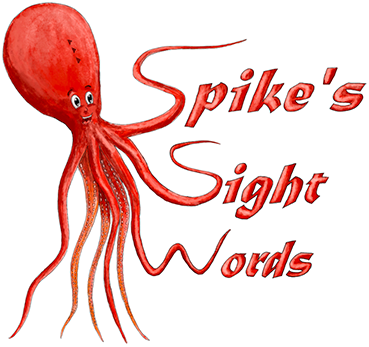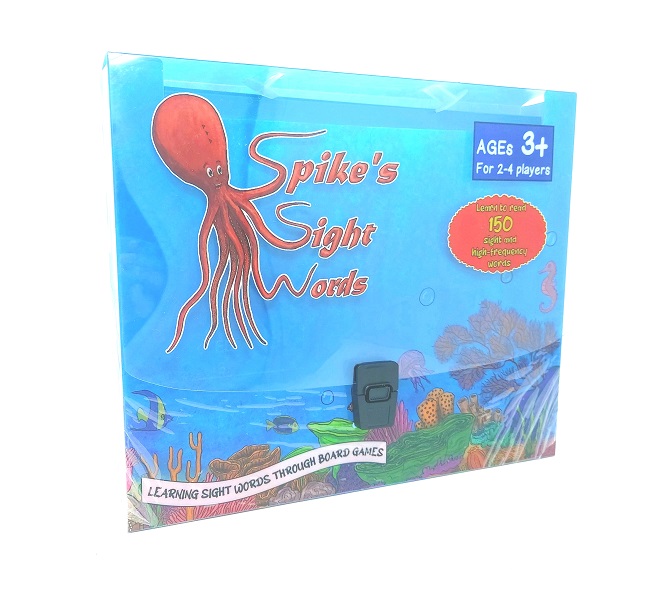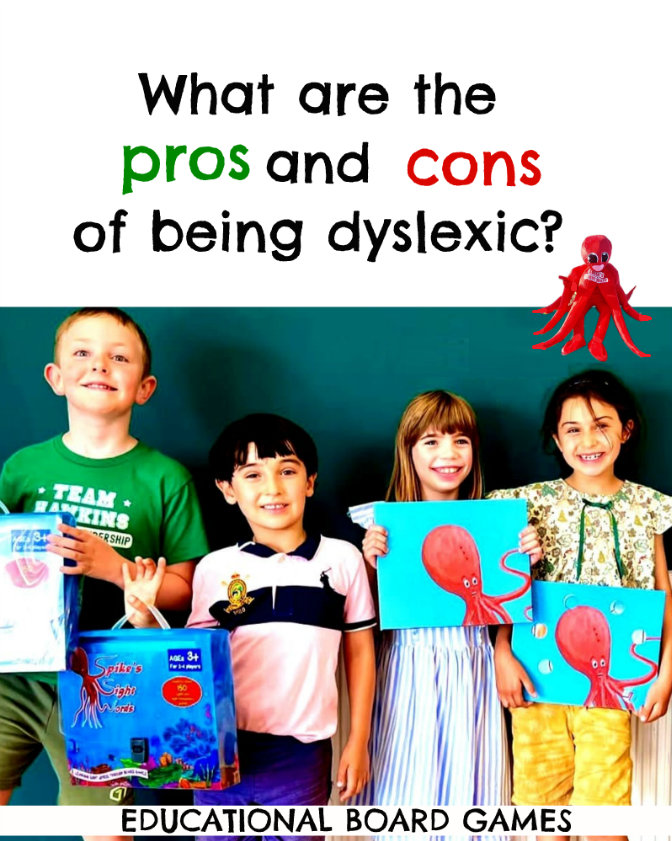
What is dyslexia?
Dyslexia is a specific learning disability, which hinders the learning of literacy skills.
Let’s start by saying what it is not. Dyslexia is not a disease. It is not the result of a brain injury or defect. It is not the consequence of somebody’s intellectual level, lack of motivation, emotional disturbance or their surroundings. Dyslexia is a specific learning disability, which hinders the learning of literacy skills.
The basic cause of dyslexia is not yet fully understood and research is still going on. Therefore, there are many different opinions about its causes. After checking different information resources one can conclude that it all happens in the brain. That the cells are structured a bit differently: they are sorted or wired differently. There is also no unanimity about the percentage of dyslexics among the population, so it ranges from 4 to 15%.
Dyslexia runs in families and thus is inheritable. Dyslexia stays with you throughout your life. It’s not something that you outgrow when you become an adult.
The brain is divided in a left and a right hemisphere; the left hemisphere controls arithmetic, language and speech, while the right hemisphere controls artistic and spatial skills, recognizes and expresses emotion and complex imagery.
Dyslexics are making more use of their right brain hemisphere, so they tend to be creative, holistic, visual and intuitive: all great abilities. However, because of the inefficient use of the left hemisphere which controls linear processing there tends to be a problem with literacy skills.
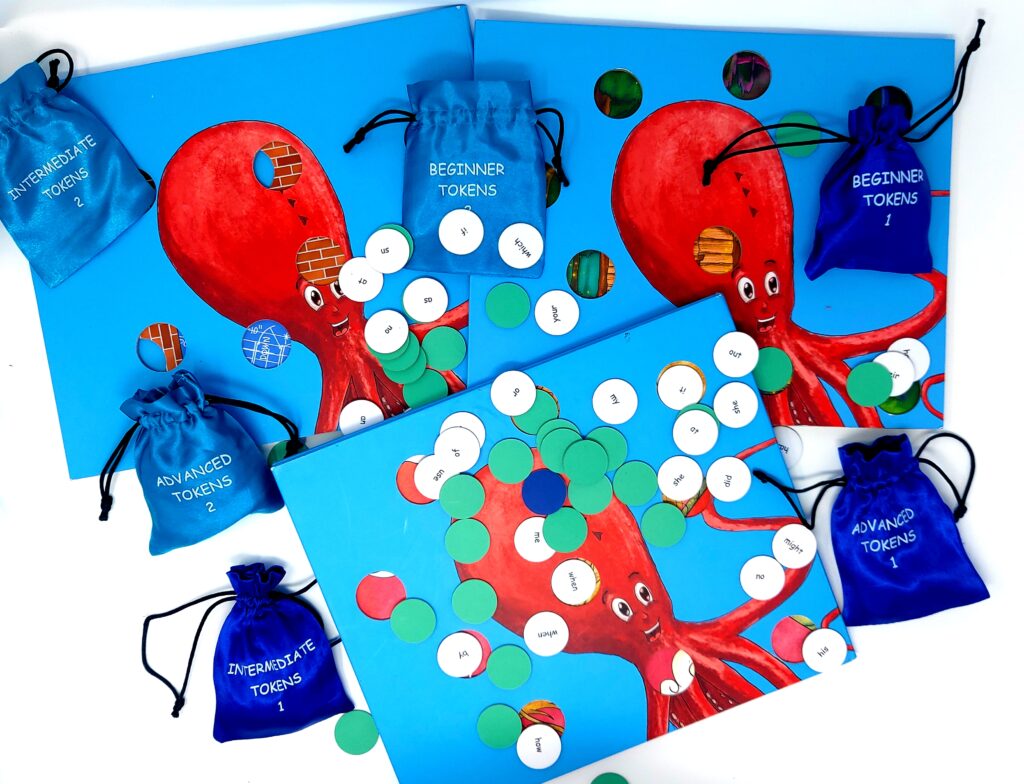
The Pros and Strengths in having Dyslexia
When someone mentions the word “Dyslexia” people usually think of someone who finds it hard to read and spell, reverses their letters, are disorganised or forgetful. What they don’t think about are the advantages that dyslexics have over non-dyslexics.
Specific Strengths
Research has highlighted some positive aspects to being dyslexic:
- Great at visual thinking- thinking in pictures
- Fast problem solvers, able to think laterally
- Excellent trouble-shooters
- They are intuitive- good at reading people
- Verbally articulate- great communicators
- Creative- so many dyslexics are employed as designers, artists, actors, chefs
- Spatially talented many dyslexics are employed as engineers, architects, designers, artists, mathematicians, physicists, physicians (esp. Surgeons and orthopaedists), and dentists.
- Dyslexic people frequently enjoy above average physical co-ordination skills
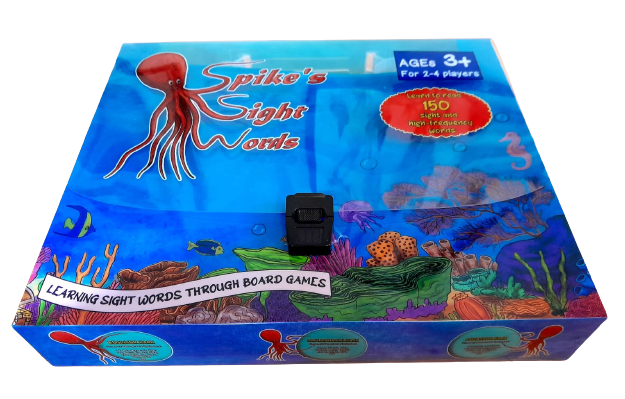
The Cons and Challenges in having Dyslexia
Dyslexia is the result of a neurological difference; however it is not an intellectual disability. Dyslexia occurs at all levels of intelligence, average, above average, and highly gifted. It is most commonly characterised by difficulties with learning to read, write and spell and one of the biggest barriers to a dyslexic child becoming successful when they leave school is the lack of confidence that has built up through being told that they are lazy, a day dreamer, careless. They lose self esteem through failing tests that depend so heavily on the ability to read and spell.
It may also mean a dyslexic child has –
Anxiety
Anxiety causes human beings to avoid whatever frightens them. The child with dyslexia is no exception. However, many teachers and parents misinterpret this avoidance behaviour as laziness. In fact, when a student with dyslexia is hesitant to participate in certain school activities, such as reading out loud or completing homework, it is likely the result of anxiety and confusion rather than apathy or unwillingness to work.
Anger
Many of the emotional problems caused by dyslexia occur out of frustration with school or social situations. Social scientists have frequently observed that frustration produces anger. This can be clearly seen in many children with dyslexia.
Poor Self-Image
The experiences that children have during the first years of school can affect their self-image. If they succeed in school, they will develop positive feelings about themselves and believe that they can succeed in life. If, instead, they meet failure and frustration, they begin to feel that they are inferior to others, and that their effort makes very little difference.
Family Problems
A child’s dyslexia may affect the family in a variety of ways. One of the most obvious is sibling rivalry. A typically achieving child may feel jealous of a child with dyslexia who seems to receive the majority of the parents’ attention, time, and money. Ironically, the child with dyslexia does not want this attention. This situation can create stress in relationships between siblings, often without the parents’ knowledge.
